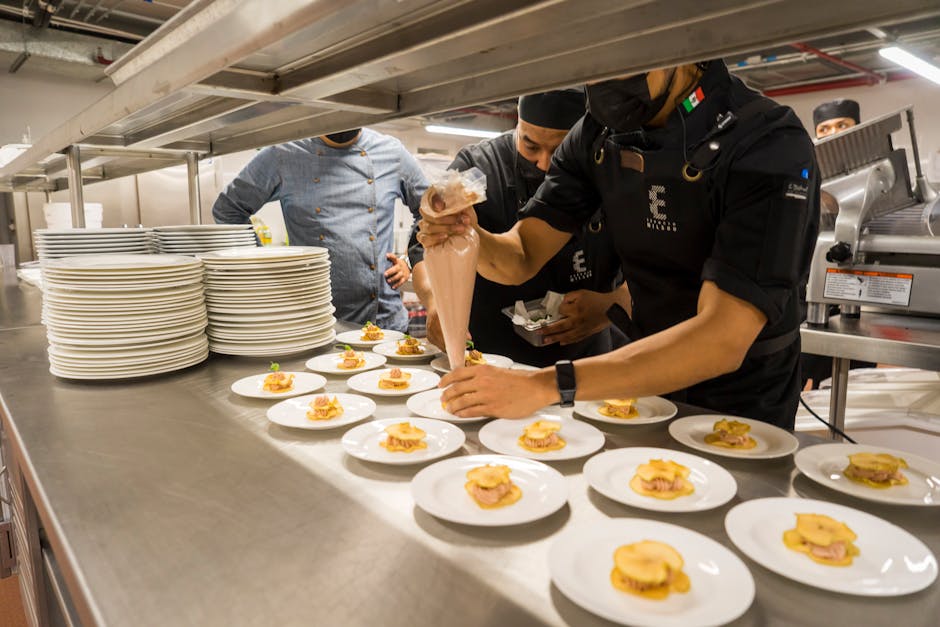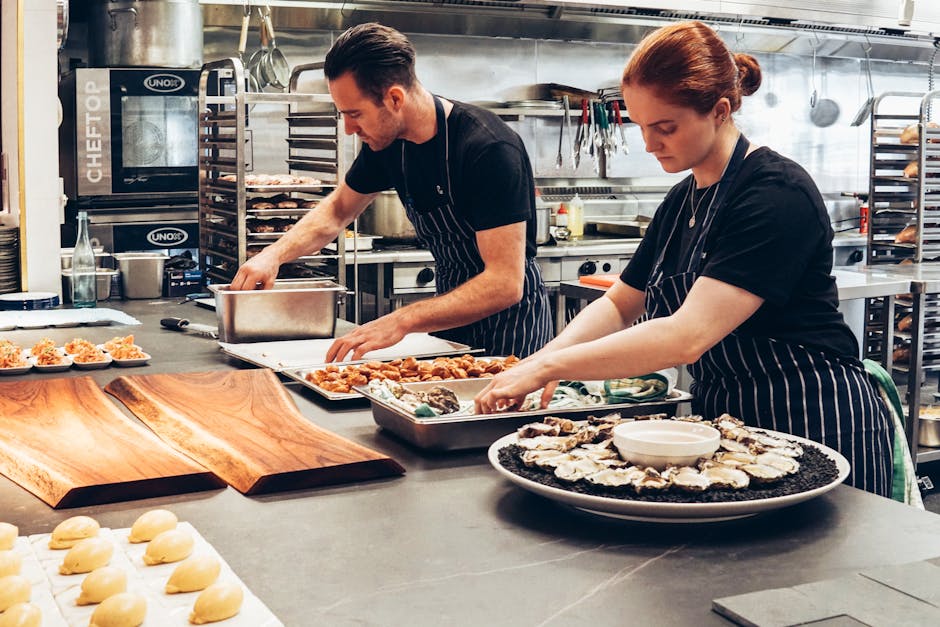Skilled Nepali Chefs for GCC Catering Growth
The Rising Demand for Catering Services in the GCC
Firstly, the GCC’s catering sector is experiencing explosive growth. Major events like EXPO 2020 Dubai and the FIFA World Cup 2022 in Qatar highlighted this demand. Moreover, the region’s thriving tourism and corporate sectors constantly require high-quality food services. According to a market report, the GCC food service market is projected to grow significantly. This growth directly increases the need for skilled culinary staff who can deliver diverse and exquisite cuisines.
Why Skilled Nepali Chefs Are a Perfect Fit
Nepali chefs bring a unique blend of skills that align perfectly with GCC market needs. Their training often includes:
- Expertise in both Eastern and Western culinary traditions
- Proficiency in Arabic, Indian, Continental, and Asian cuisines
- Strong adaptability to fast-paced kitchen environments
- Commitment to high standards of hygiene and quality
Furthermore, their cultural adaptability and English language skills make integration into diverse teams seamless.
Contributing to GCC Catering Growth with Diverse Menus
Additionally, these culinary professionals excel at creating fusion menus. They skillfully blend local GCC flavors with international dishes. This versatility appeals to the cosmopolitan population in cities like Dubai, Doha, and Riyadh. Consequently, restaurants and catering companies that hire Nepali chefs often report increased customer satisfaction and repeat business.
Economic Advantages of Hiring Nepali Culinary Talent
From a business perspective, recruiting skilled Nepali chefs offers compelling economic benefits. Importantly, they provide excellent value through their competitive salary expectations compared to chefs from some other regions. This cost-effectiveness allows catering businesses to:
- Optimize labor costs without compromising quality
- Invest savings into better ingredients and equipment
- Offer competitive pricing for catering contracts
- Increase overall profitability and market competitiveness
The World Bank notes the significant contribution of remittances from overseas workers, including chefs, to Nepal’s economy, highlighting this established migration pathway.
Navigating the Recruitment and Visa Process
Successfully hiring skilled Nepali chefs requires understanding the recruitment and immigration procedures. Each GCC country has specific regulations for work visas and labor contracts. Typically, the process involves:
- Obtaining work permits and approvals from relevant ministries
- Medical examinations and fitness certifications
- Attestation of educational and professional certificates
- Orientation and acclimatization programs upon arrival
Partnering with experienced HR resources can streamline this complex process significantly.
Legal Framework and Compliance for GCC Catering Growth
Moreover, ensuring compliance with local labor laws is crucial. GCC nations have implemented various reforms to protect workers’ rights. For instance, Saudi Arabia’s Vision 2030 includes initiatives to improve working conditions for expatriates. Similarly, the UAE’s updated labor laws provide clearer frameworks for employment contracts and dispute resolution.
Training and Skill Development for Culinary Excellence
While Nepali chefs possess strong foundational skills, ongoing training is essential for maintaining competitive advantage. Many catering companies invest in:
- Specialized training in local GCC cuisines and preferences
- Workshops on food safety standards (HACCP, ISO 22000)
- Language classes to improve Arabic communication skills
- Management training for career advancement opportunities
This commitment to professional development ensures that skilled Nepali chefs continue to drive innovation and quality in the catering sector.
Success Stories: Nepali Chefs Driving Catering Growth
Across the GCC, numerous success stories demonstrate the impact of Nepali culinary talent. For example, five-star hotels in Dubai frequently feature Nepali chefs heading their kitchen brigades. Similarly, large catering companies in Qatar attribute their successful event operations to diverse teams led by experienced Nepali professionals. These real-world examples prove that investing in this talent pool yields substantial returns for businesses.
Future Trends: Sustaining GCC Catering Growth
The future looks promising for the synergy between Nepali chefs and the GCC catering industry. Emerging trends include:
- Growing demand for healthy and organic food options
- Increased need for specialized dietary menus (vegan, gluten-free)
- Expansion of catering services to new sectors and events
- Technological integration in kitchen management and operations
Nepali chefs, with their adaptability and learning mindset, are well-positioned to lead these innovations. Resources from industry experts can help businesses stay ahead of these trends.
FAQ Section
What makes skilled Nepali chefs suitable for GCC catering growth?
Skilled Nepali chefs bring expertise in diverse cuisines, adaptability, strong work ethics, and cost-effectiveness. These qualities directly contribute to meeting the high demands and growth of the GCC catering industry.
How does hiring Nepali chefs benefit catering businesses economically?
They offer excellent value with competitive salary expectations. This allows businesses to optimize labor costs, invest in quality ingredients, and enhance overall profitability while maintaining high culinary standards.
What is the process for recruiting chefs from Nepal to the GCC?
The process involves securing work permits, medical examinations, certificate attestations, and complying with GCC-specific labor laws. Partnering with experienced HR firms simplifies navigation through these legal requirements.
What cuisines do Nepali chefs typically master?
They are proficient in Arabic, Indian, Continental, Asian, and fusion cuisines. This versatility enables them to cater to the diverse palates of the GCC’s multicultural population.
How can businesses ensure successful integration of Nepali chefs?
Providing cultural orientation, language support, and ongoing training ensures smooth integration. Additionally, fostering an inclusive work environment promotes teamwork and operational efficiency.
Conclusion
In conclusion, skilled Nepali chefs represent an invaluable asset for driving GCC catering growth. Their culinary expertise, adaptability, and economic advantages create a powerful combination for success. Furthermore, their ability to innovate and meet diverse consumer demands positions them as key players in the industry’s future. Finally, businesses that strategically recruit and support this talent will undoubtedly achieve sustainable growth and competitive superiority. To summarize, embracing this talent pool is not just an option but a strategic imperative for catering companies in the GCC. Contact us today to explore how you can leverage skilled Nepali chefs for your catering business growth.




